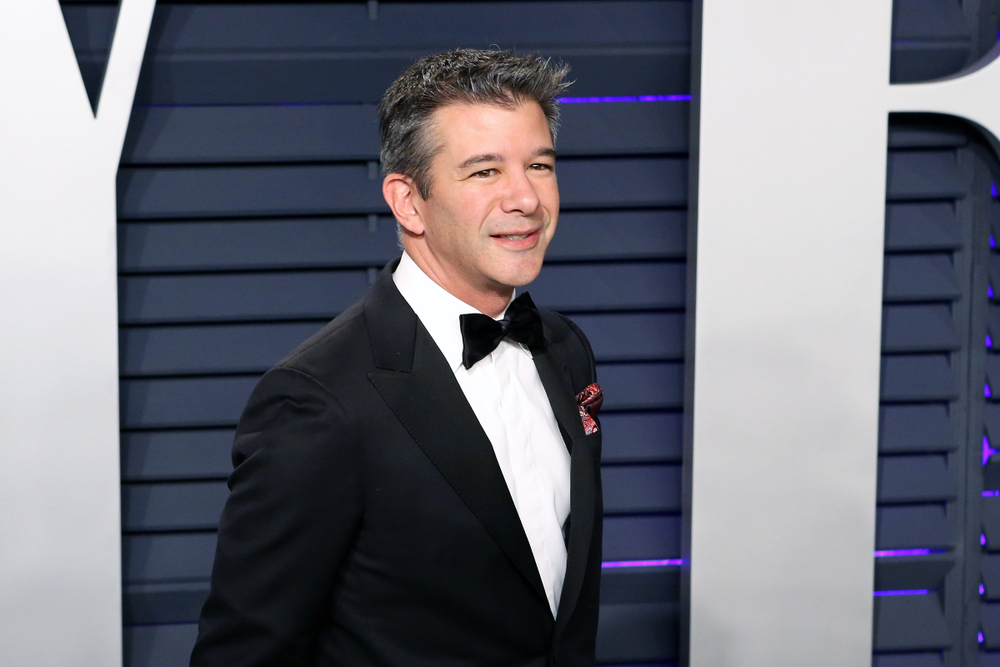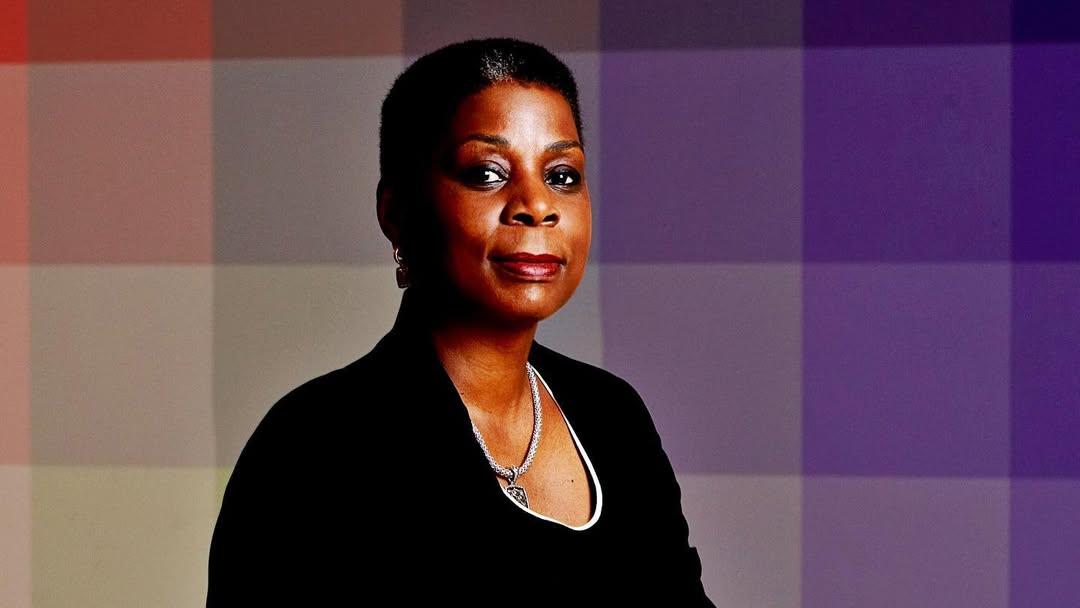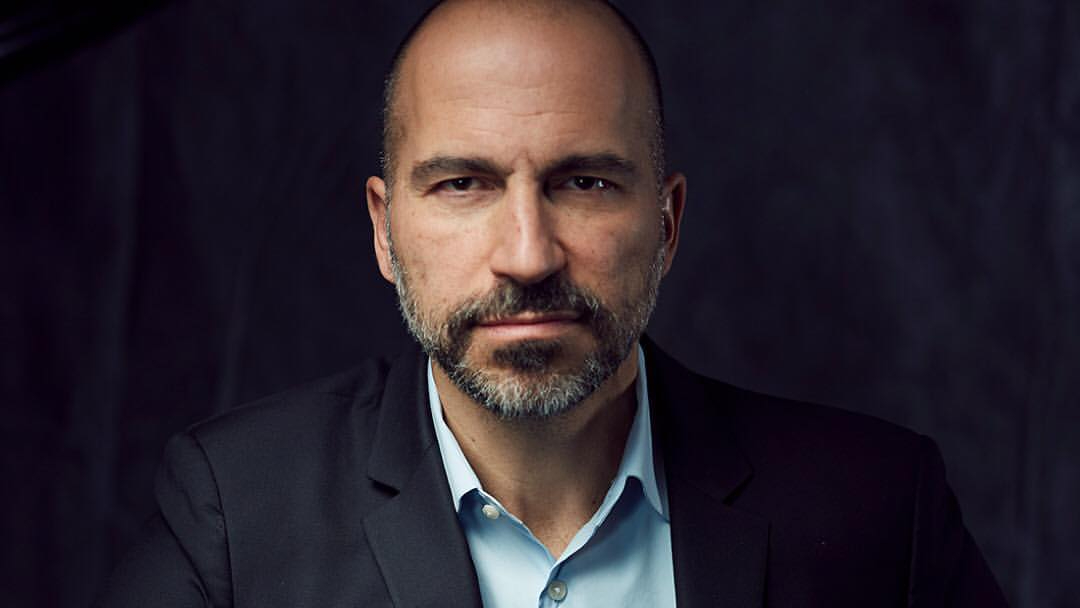Uber’s Leadership Crisis: Transforming From Toxic Culture to Ethical Governance
Uber’s 2017 crisis serves as a compelling case of how a high-growth startup culture can implode—and how decisive, transformational leadership can rebuild it from the ground up. This example, building on broader lessons about leadership failures, vividly illustrates the challenges and opportunities in navigating rapid expansion while upholding ethical standards.
When Growth Culture Goes Wrong
By 2017, Uber had become the iconic disruptor of urban transportation, valued at tens of billions. But beneath its veneer of rapid growth and technological innovation lay a toxic corporate culture marred by widespread sexual harassment, discrimination, and aggressive competitive tactics, including the use of "Greyball" software to evade regulators. Employees described an environment where complaints were routinely ignored, retaliation was feared, and a relentless focus on high-performance expectations consistently overshadowed ethical conduct. This internal rot ignited a public backlash that ultimately threatened Uber's very survival, as widely reported by business and tech media.
Leadership at the Center of the Storm
Travis Kalanick: Growth at Any Cost
Co-founder and then-CEO Travis Kalanick embodied Uber's unrestrained ethos. His infamous remarks, such as "F*** you, regulators," reflected a broader attitude that rules were made to be broken in the pursuit of market dominance. Kalanick’s leadership style emphasized pushing boundaries, stifling internal dissent, and rewarding results above all else. This ethos translated into a 'scorched-earth' competitive approach externally and an internal environment where employee concerns, particularly ethical ones, were systematically deprioritized in favor of relentless growth targets. As incidents mounted—from egregious sexual harassment claims and the viral #DeleteUber social media campaign to a dysfunctional Human Resources department—this aggressive leadership style came under intense scrutiny.

Travis Kalanick
Ursula Burns: A Board-Level Stopgap
In 2017, in response to mounting pressure, Uber’s board strengthened its oversight by appointing Ursula Burns, former CEO of Xerox, as a leading independent director. As a seasoned executive, she immediately began pushing for more robust board oversight, strengthening the role of independent directors and demanding greater accountability from management, laying crucial groundwork for more profound shifts in the company's governance.

Ursula Burns
Turning the Tide with Transformational Leadership
Holder Report & Board Intervention
Faced with escalating scandals, Uber's board commissioned an independent review led by former U.S. Attorney General Eric Holder. The "Holder Report" identified deep-rooted cultural problems and outlined concrete steps for reform. Its key recommendations included stripping Kalanick of certain executive powers, diversifying the board's composition, and fundamentally overhauling HR and ethics compliance. This decisive intervention ultimately diminished Kalanick’s influence and began to strengthen the company’s ethics infrastructure.
Dara Khosrowshahi: A New Vision
In August 2017, the board appointed Dara Khosrowshahi—formerly CEO of Expedia—as Uber’s new leader. He brought a transformational leadership approach, rooted in transparency and purpose. His immediate actions included publicly apologizing to drivers and committing to an IPO, signaling a decisive shift towards accountability and long-term vision over unrestrained growth. His leadership marked a profound pivot for the company's direction and public image.

Dara Khosrowshahi
@nytimes
Cultural Rebuild in Action
Khosrowshahi undertook a multi-pronged strategy to repair Uber’s reputation and fundamentally transform its culture:
- Values-Driven Messaging: He abandoned aggressive slogans in favor of a new, inclusive mission and values, summarized by principles such as "Go get it. Be yourself. Do the right thing." This shift aimed to inspire ethical behavior from within.
- Accountability at the Top: Over 20 top executives departed, including Kalanick, signaling a zero-tolerance approach to past misconduct. New independent directors and an empowered board were installed to ensure stronger governance and oversight.
- Robust Ethics Infrastructure: Khosrowshahi introduced a global ethics board with independent oversight, established transparent, third-party managed whistleblower channels with clear escalation paths, and committed to publicly releasing quarterly diversity and safety reports to foster accountability and rebuild trust.
- Leadership by Example: Khosrowshahi consistently exemplified a transformational leadership style. Through transparent town halls, direct engagement with drivers, and a visible willingness to publicly address past missteps, he demonstrated inspiration, integrity, and a commitment to individual development. Studies credit this approach with driving Uber’s cultural realignment by fostering a new culture of trust and open dialogue.
Measurable Improvements
Khosrowshahi’s leadership propelled Uber through its IPO and towards greater financial stability:
- Profitability and Growth: As Fortune reported in September 2024, Khosrowshahi’s leadership propelled Uber to profitability after years of significant losses, demonstrating that ethical governance can coexist with strong financial performance.
- Enhanced Diversity: Uber has made measurable progress in increasing female representation and broader workforce diversity since 2017, as documented in various industry reports and company diversity disclosures.
- Employee Sentiment: While the ongoing transformation has significantly reshaped internal attitudes, recent adjustments to hybrid-work policies have drawn mixed feedback, with some employees valuing increased flexibility while others expressed concerns about a perceived loss of in-office collaboration and cultural cohesion.
Lessons for Modern Leaders
Uber’s journey provides critical lessons for contemporary leaders navigating high-stakes environments:
- Culture Must Be Audited Regularly: Real-time feedback mechanisms and anonymous reporting channels are essential tools that can surface cultural issues before they escalate into full-blown crises.
- Swift, Visible Action Wins Trust: Decisive leadership overhauls and clear consequences for misconduct signal that toxic behavior will no longer be tolerated, which is crucial for rebuilding internal and external trust.
- Ethics Infrastructure Matters: Robust whistleblower hotlines, independent ethics boards, and transparent metrics form the indispensable backbone of organizational accountability and ethical decision-making.
- Vision-Led Leadership Works: A transformational approach, valuing moral leadership, empathy, and inspiring a shared purpose, is critical for rebuilding credibility and motivating cultural realignment in times of crisis.
- Board Influence Is Crucial: An engaged and empowered board, willing to challenge entrenched leadership, force structural change, and support fundamental leadership overhauls, is vital for driving corporate responsibility and long-term organizational health.
Conclusion
Uber’s journey from a scandal-ridden tech darling to a more mission-driven enterprise powerfully demonstrates that leadership rooted in integrity—and backed by strong governance—can reverse even the most entrenched dysfunction. The stark contrast between Travis Kalanick’s unchecked aggression and Dara Khosrowshahi's values-first leadership underscores a powerful principle: Purposeful, ethical leadership is not merely a moral imperative but a critical prerequisite for sustainable success in modern business.
Related: Wells Fargo’s Leadership Failure—and the Road to Recovery













